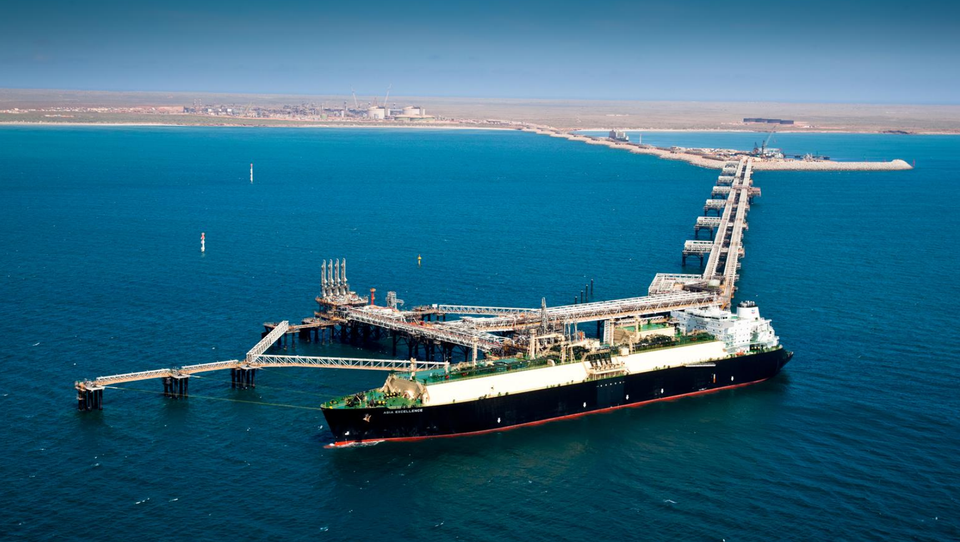Although oil prices have hit rock bottom recently, liquefied natural gas (LNG) is still holding its ground as a cheap and reliable energy source – therefore, LNG could play a larger role in Europe’s energy future. As oil prices recently collapsed below $20, the lowest level since 2002 and with most of the world’s economies already in lockdown, this helped expose weakness of the supply chains and overdependence on the single source of any material or energy. Importing countries can now obviously benefit from this low pricing of oil. But it is natural gas that is one of the more obvious and attractive fuels throughout the price curve. Natural gas is after all recognized as the cleanest, most efficient and consistently reliable fossil fuel for electricity generation available in today’s market that has therefore immediately started replacing coal with the fall in prices.
While, numerous countries are wisely taking a closer look at the many benefits of natural gas, not all have access to it. Moreover, in many geographies, like islands, the most common method of delivery of natural gas — by pipeline — is not suitable due to prohibitive costs or compromises in reliability due to political realities. Liquefied natural gas, being shipped in huge LNG tankers, provides a highly attractive answer to the political and geographic realities faced by these areas. Additionally, the affordable cost associated with LNG infrastructure, such as storage and regasification facilities, helps add to the real-world appeal of this fuel. As the examples of Lithuania and Poland testify, with the current reduction in its cost, utilizing LNG for multiple applicationsbecomes an even wiser energy play. For both these countries, the LNG facilities have delivered security and stability previously constricted by dependence on alternate providers.
The Mediterranean is the next frontier for LNG. Although adoption there has been relatively slow, strong demand and appealing market signals for the development to continue. Italy, Spain and Greece are active players in global LNG markets and remain eager for their neighbors to follow. In 2019, the European Commission has evidenced its support for the ‚LNG Way‘ by providing a €101.4 million grant along with the financing by the Croatian government for the Krk LNG terminal. And the case for LNG is further bolstered by the energy reliability needs for the islands of Crete, Cyprus, Corsica, and Malta. Crete, for example, would benefit greatly by the Greek government’s support for relevant projects on the island. The sooner regulators back LNG, the sooner Crete can recognize its potential to become a hub and a model for LNG’s full-scale benefits.




